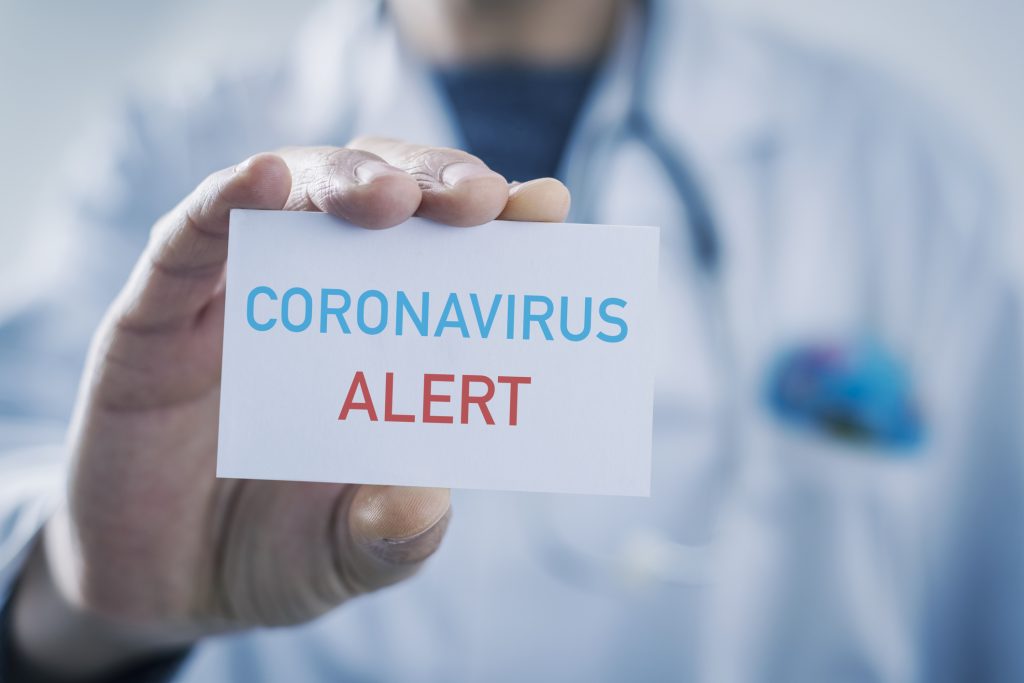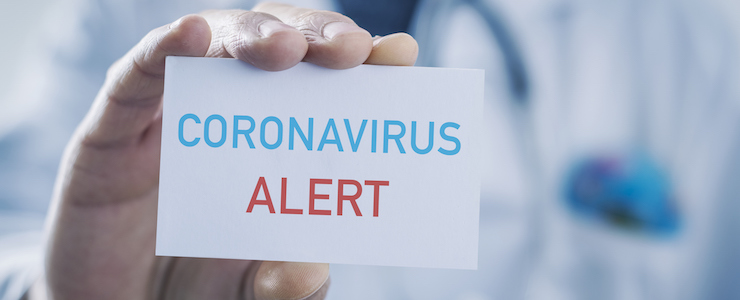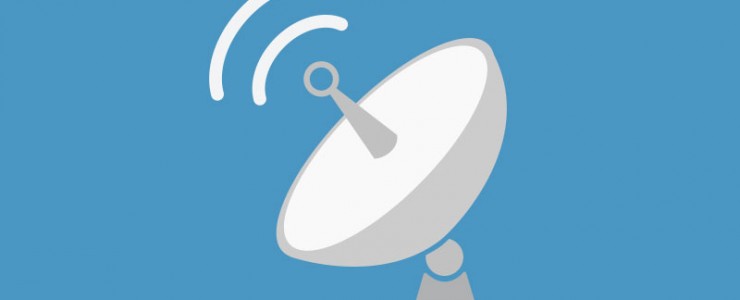Washington State Department of Social & Health Services Developmental Disabilities Administration

The work performed by Individual Providers is considered essential under the Governor’s Proclamation 20-25. The guidance below assists with the delivery of in-home care services in response to the 2019 novel coronavirus disease (COVID-19) outbreak.
Please note: IPs may only bill for hours worked, whether in-person, telephonic, or a combination of both.
You are an important part of your clients’ health care team, and they need your assistance more than ever during this ongoing situation. As long as you are healthy, it is important that you continue to provide care to your clients.
If you are sick, do not work. Call your client and their case manager to report that you are sick so alternate care can be found.
Remote personal care
IPs are strongly encouraged to take steps to reduce the amount of face-to-face time with clients by delivering those tasks that can be provided by phone or outside of the home.
No new plan of care is required when services are delivered remotely as the authorized tasks are not changing only their delivery mechanism. Services are to be delivered within the provider’s approved work week limit.
Services that can be done by phone
Some personal care tasks can be done by phone or other technology. These services include:
- Medication reminders (including checking on medication supply)
- Supervision/reminders for:
- Bathing & personal hygiene
- Eating (if no swallowing issues exist)
- Dressing (such as reminders to change into clean clothes, wearing weather
appropriate clothing, etc.) - Treatment reminders such as the following:
- Blood glucose monitoring and insulin injections
- Nebulizer
- Active range of motion
- Toileting program
- Behavior interventions and de-escalation techniques
- Appointment reminders
- Wellness checks and reassurance calls
Services that can be done outside of the client’s home
Some personal care tasks may be completed outside of the home without the client being present. These services include:
- Meal preparation and delivery of food
- Essential shopping/errands
- Laundry (such as using laundry facilities, family’s laundry area, etc.)
- Wood supply
In-person services
Face-to-face time should be limited to those hands-on tasks that can only be provided in person. If you and your client live in the same home, all services can be provided in person. It is recommended to stay six feet away from the client when delivering services that can be done remotely.
Personal care tasks that can only be conducted in-person include:
- Medication administration
- Turning & repositioning/bed mobility
- Transfers & ambulation
- Bathing & personal hygiene
- Eating
- Toilet use
- Dressing
- Essential house work
Reducing exposure and spread
Before each visit with your client, call ahead and ask if they are experiencing a fever or new or worsening cough or shortness of breath. If they are, consider whether you can perform your care tasks remotely. If not, take the precautions listed in the Caring for Clients with COVID-19 fact sheet.
- Perform hand hygiene, before and after your visit, preparing food and toileting, wash your hands with soap and water for at least 20 seconds or use an alcohol-based hand sanitizer that contains at least 60% alcohol.
- Disinfect frequently touched surfaces such as kitchen counters, dining tables, other tabletops, doorknobs, bathroom fixtures, phones, keyboards and remotes at the beginning and end of every shift.
- Avoid touching eyes, nose, or mouth with unwashed hands.
- Stay at least six feet away from client and others as much as possible. Limit close personal contact to necessary personal care.
- Avoid touching surfaces or objects within the home as much as possible.
- Cover coughs and sneezes with a tissue and discard after each use. If you do not have a tissue, cough or sneeze into your sleeve. Ask your client to do the same.
Download this Guidance (PDF)
Helpful links
Tips for caring for clients with COVID-19
Personal Protective Equipment alternatives





